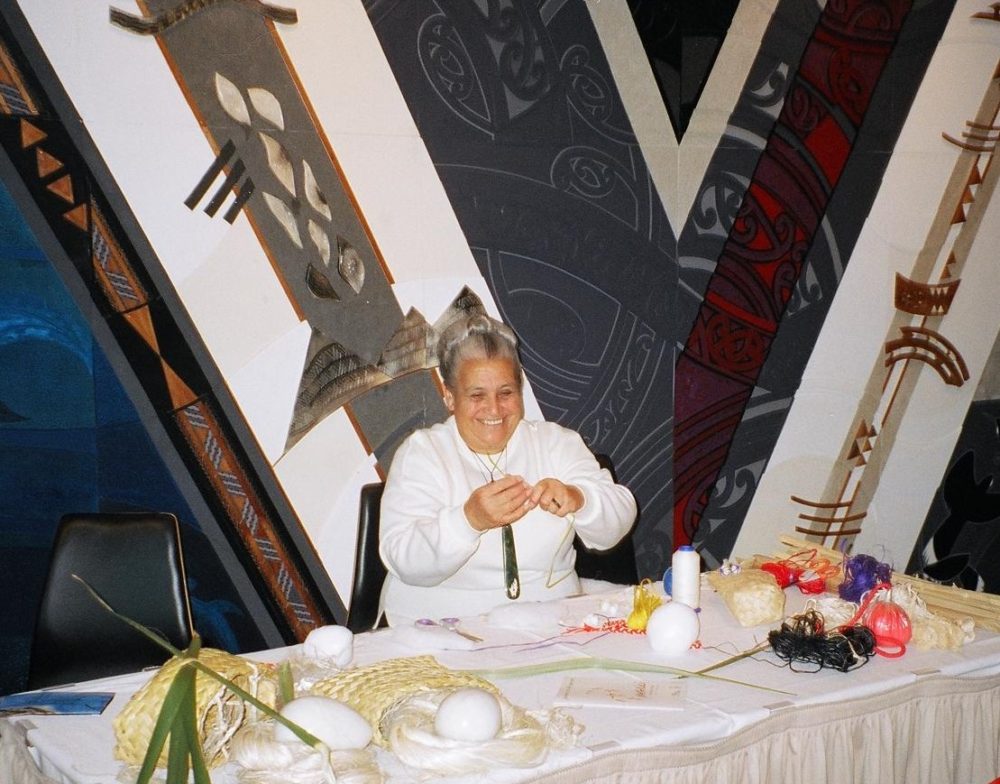(16th December 1907 – 10th January 2004)
Many years ago, while dropping me at our ancestral home in Jaipur, capital of the western Indian state of Rajasthan, a rickshaw-puller Abdul Hamid (name changed) asked if it was Daulat Mal Bhandari’s home. When I pointed towards babusa (an endearing address for the head of family), who was sitting in the garden, reading in the diminishing warmth of the winter sun, Hamid’s face lit up. He told me that he, along with most people in his community, had cast their vote to babusa in the 1952 Lok Sabha elections. India had just become a Sovereign Socialist Secular Democratic Republic with a parliamentary form of government after decades of British rule (1858-1947). Hesitantly, Hamid asked if it was possible for him to pay his respects to Bhandari saheb. Babusa, made him sit on the chair opposite him and they shared a cup of tea over a yarn. Such was his humility.
This is an attempt to sketch the life and times of a man, my paternal grandfather, who rose to fame by sheer excellence of his calibre, diligence and perseverance. His razor-sharp memory, quick wit and amiable nature earned him the love and respect of one and all.

